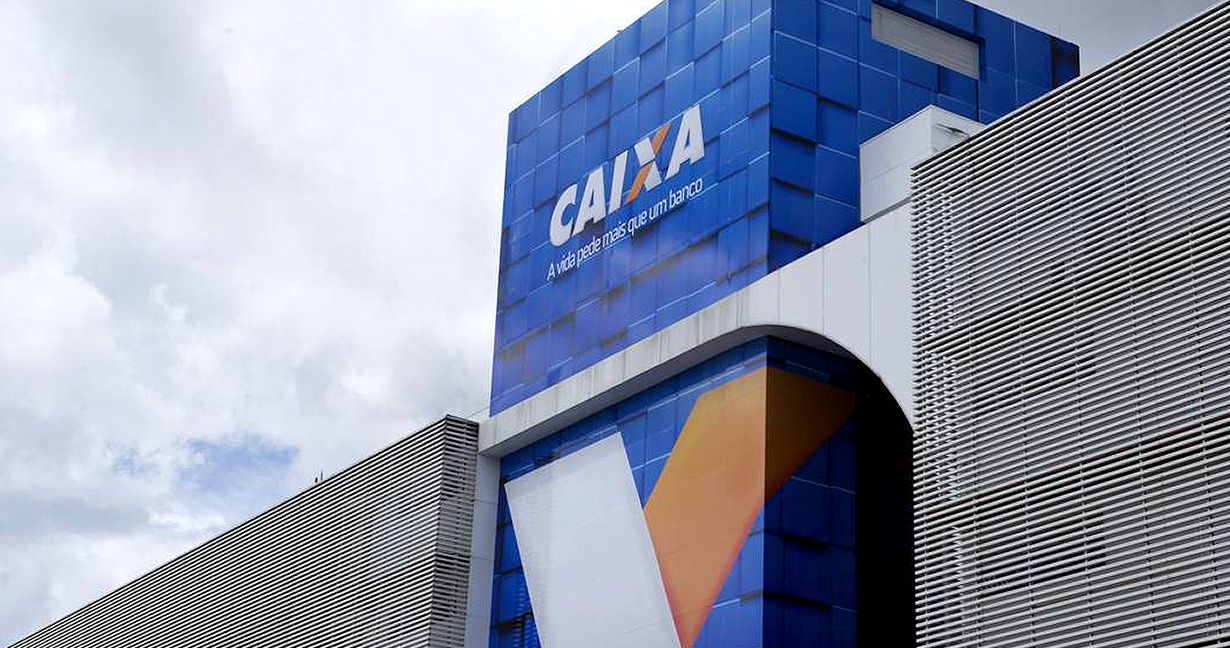The polymarket phenomenon or how prediction markets are winning over gamblers

A few years back, online gambling was simple: sports bets, slot spins, and not much else. Fast-forward to 2025, now, there’s a new buzz - prediction markets.
Take Polymarket. What started as a crypto side project now pops up everywhere - Reddit, X, and finance podcasts. It’s not just sports or casino games anymore. Now, people “trade” on everything from elections to pop culture and even wild headlines - often in real time. It’s a strange mix of gambling, news, and trading, all rolled into one. And it’s hard to ignore the numbers: Polymarket’s traded volume shot past $6 billion this year. That kind of money always gets attention.
So, what’s behind the hype? Why are so many gamblers making the switch?
The basics of prediction markets
At their core, prediction markets are about more than just luck - they’re about collective intelligence. Instead of pitting your gut feeling against a sportsbook’s odds, you join thousands of other users who are buying and selling “shares” in possible outcomes. Will a certain candidate win the election? Will a celebrity announce a surprise album?
Each market functions like a mini stock exchange, with prices shifting in real time based on where the crowd is putting its money. If you think something is likely to happen, you buy shares - if not, you sell. When the outcome is finally known, winning shares pay out at $1 each.
This approach isn’t entirely new (even the Iowa Electronic Markets have been around since the 1980s), but modern tech and blockchain have taken it mainstream. Suddenly, anyone with a few dollars and an internet connection can jump in, track odds live, and even “cash out” before a result is official. For many, it feels less like placing a blind bet - and more like being part of a high-speed, real-time conversation about what the world believes will happen next.
For those still drawn to more traditional gambling options, there are reliable alternatives too - check out this trusted Kiwi casino list for vetted online casinos popular in New Zealand.
The polymarket story
Polymarket launched in 2020, quietly positioning itself as a place for people to bet on the outcome of current events using crypto. But by 2024-2025, it was no longer a niche platform. Major news outlets were citing its markets as barometers of public opinion, and financial blogs were following the price movements like any blue-chip stock.
What sets Polymarket apart is its sheer range of markets. Sure, you can weigh in on the winner of the next big sporting event, but you’ll also find predictions on presidential debates, interest rate changes, tech launches, even pop culture - like whether Taylor Swift will announce a new album this year. The platform operates almost like a “pulse check” on what the internet is obsessed with right now.
Another thing: the user base is surprisingly diverse. You’ll find sharp sports bettors, day-traders, political junkies, and people who simply want to put $10 on a meme-worthy event for fun. The interface is slick, the experience is quick, and because everything’s on blockchain, settlements are fast and transparent. Polymarket didn’t just build a betting site; it created a new kind of community where everyone has a stake in the news.
Why gamblers are paying attention
So, why are gamblers flocking to prediction markets like Polymarket? For one, the appeal goes beyond traditional odds and payouts. Players aren’t just picking teams or spinning reels - they’re engaging with world events in real time. There’s an undeniable thrill in seeing your take on a political race or a cultural moment instantly reflected in the price charts.
Transparency is another big draw. Odds aren’t set by a distant bookmaker, but by the collective sentiment of the crowd. If a major news story breaks, markets can shift in seconds. This makes the experience feel more dynamic - almost like trading stocks, but with the energy of live sports.
Then there’s the variety. Classic online casinos offer thousands of slots and dozens of games, but prediction markets let you bet on nearly anything. One day it’s sports, the next it’s the weather or whether a new law will pass. For seasoned gamblers, it’s a new challenge - and for casual users, it’s a chance to feel involved in the wider conversation.
Ultimately, prediction markets offer what many gamblers crave: control, excitement, and the sense that they’re ahead of the curve. It’s no surprise that Polymarket and its competitors are turning more heads every day.
Regulation and trust issues
No conversation about Polymarket - or any prediction market - can skip the question of regulation. For years, prediction markets operated in a legal gray zone, with platforms sometimes forced to restrict access for US users or limit the types of questions they could host. That started to change in 2025, as Polymarket secured a regulated pathway to operate in the US, drawing fresh scrutiny but also opening up new possibilities for growth.
Still, the landscape remains complex. Different countries take radically different approaches to prediction markets: what’s legal in one jurisdiction may be off-limits in another. For users, that means it’s crucial to understand where a platform is based, how it’s regulated, and what protections are in place.
Polymarket has made transparency a central part of its brand. Every market is built on blockchain, making trades and settlements auditable by anyone. Payouts are automated, odds are fully visible, and user funds are kept separate from the platform’s own reserves. Even so, the risks shouldn’t be ignored: as with any emerging sector, users need to watch for scams, “rug pulls,” and market manipulation. And with high-profile events, the temptation for bad actors to tip the odds can be real.
The bottom line? Prediction markets are safer than ever, but not risk-free. Responsible gambling tools - limits, reality checks, and education - are just as important here as in traditional betting.
Comparison with traditional online casinos
So how do prediction markets stack up against classic online casinos? For starters, the experiences are fundamentally different. Online casinos have long relied on well-known games - slots, roulette, blackjack - built around luck and the house edge. The focus is on entertainment, variety, and the thrill of fast-paced play.
Prediction markets, on the other hand, are more about judgment and analysis. There’s still plenty of excitement, but it comes from being “right” about a real-world event - sometimes before anyone else sees it coming. The “house” doesn’t set the odds; the players do, collectively.
That said, traditional online casinos still have the advantage when it comes to regulation and player protection. Most major brands are heavily licensed and audited, with years of experience handling payments, customer support, and responsible gaming measures. Prediction markets are newer and evolving fast, but they still face challenges around mainstream adoption, legal certainty, and educating users about the risks.
For players in regions with stricter gambling laws, sweepstakes casinos have also become a popular workaround - offering a casino-style experience using virtual currency and prize-based models. Learn more about how sweepstakes casinos work here.
It’s not a question of one model replacing the other. Instead, prediction markets are expanding the universe of online betting, offering something fresh for players who want more than just luck and chance. Whether the two worlds will eventually merge - or stay separate but complementary - remains one of the industry’s big questions for the years ahead.
Where the trend is going next
With Polymarket in the spotlight, it’s no surprise that a wave of new projects is trying to carve out space in the prediction markets scene. Some focus on specific niches - like sports-only prediction platforms or sites devoted entirely to politics. Others experiment with integrating crypto payments, mobile-first interfaces, or even live-streaming features where users can watch events and place “trades” in real time.
Major players from the worlds of finance and tech are taking notice, too. There’s growing talk about how prediction markets could be used for everything from hedging financial risk to forecasting the outcome of major policy changes. Even traditional online betting companies are watching closely, exploring whether they can bring prediction-style features to their own platforms.
At the same time, regulators are moving quickly to set clearer guidelines and protections. One key area of focus is personal information protection - especially as more users sign up for both traditional online casinos and newer crypto-based platforms. Established casinos are already expected to follow strict data handling practices, including KYC verification and secure encryption standards. Here’s how leading online casinos protect personal information, and why it matters as digital betting continues to evolve.
If prediction markets can strike the right balance between openness, fairness, and user safety, we could see even broader adoption in the next few years. The boundary between betting, investing, and just keeping up with the news is blurring fast - and for gamblers, the options have never been more interesting.
Conclusion
Polymarket and the new generation of prediction markets are more than just a passing trend - they’re changing the way people think about betting online. By letting users engage with real-world events, test their knowledge, and even shape the odds themselves, these platforms offer a fresh kind of excitement.
But with opportunity comes responsibility. The rapid growth of prediction markets raises new questions about regulation, transparency, and how to keep players safe. For now, the momentum is clear: more players are joining, the technology is getting better, and the range of topics keeps expanding.
Is this a new era for online gambling? Maybe. What’s certain is that prediction markets are here to stay - and for anyone interested in where betting goes next, it’s worth paying close attention to what happens next.
This article was prepared by Grace Tennet, Head of Content at NZCasinoHex.com, where we explore the latest trends and insights in the online gambling world.
















